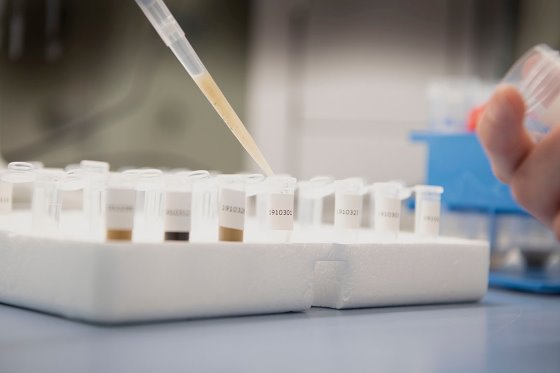Philippines ASF vaccine to complement repopulation programme

The clinical study on a vaccine against the African Swine Fever (ASF) virus in the country has so far yielded positive results as experts enter the next phase of the trial, according to the Department of Agriculture. Agriculture secretary, William D. Dar, assistant secretary-designate for Livestock and Bureau of Animal Industry (BAI) director Reildrin Morales, and Robina Farm operations director Dante Palabrica, jointly announced the African Swine Fever (ASF) vaccine trial results during a press conference on 16 May 2022.
The clinical study, implemented at the Robina Farm in Bulacan in the Philippines, aimed at evaluating the safety of the vaccine and determining the ability of the vaccine to induce immune responses after vaccination.
“In the trial, no clinical signs associated with ASF disease were observed and minimal non-ASF-related mortality was posted. A total of 66% of sample animals have detectable antibodies to the ASF virus,” Dar said during the May press conference. In addition to its positive results, the scientists stated that the vaccine can be stored in a wide range of temperatures with a shelf-life of 2-6 months.
“With the encouraging result of Phase 1 of the vaccine trial, Phase 2 is being proposed that is expected to run from May to June 2022. This will involve the actual viral challenge of vaccinated animals,” Dar stated.
Robina Farm operations director, Dante Palabrica, said the ASF vaccine is very important for the country’s food security amid the brewing food crisis. Palabrica is also confident that with the ASF vaccine, the country’s pig population could be revived in the next 5 years. “We want to work with the DA, which will quickly populate our industry to bring back the pig population here in the Philippines,” he said in support of the DA’s pig repopulation programme.
In addition, Dar said that, if the vaccine is proven effective, he will recommend to the president the vaccination of the country’s pig population at the expense of the national government.
Dar also stressed that the country must strengthen its biosecurity measures as another long-term solution. The Agriculture Secretary also emphasised that the repopulation programme should be intensified alongside their pursuit of securing an effective vaccine against ASF.
“One good indication is that the livestock sector only contracted 1% this first quarter, which is an implication that the repopulation program is working,” he said.
The report states that, to date, only 12 barangays have active cases of ASF, significantly lower than the 3,774 recorded affected barangays at the onset of the pandemic.
Read also
Wheat in Southern Brazil Impacted by Dry Weather and Frosts
Oilseed Industry. Leaders and Strategies in the Times of a Great Change
Black Sea & Danube Region: Oilseed and Vegoil Markets Within Ongoing Transfor...
Serbia. The drought will cause extremely high losses for farmers this year
2023/24 Safrinha Corn in Brazil 91% Harvested
Write to us
Our manager will contact you soon



